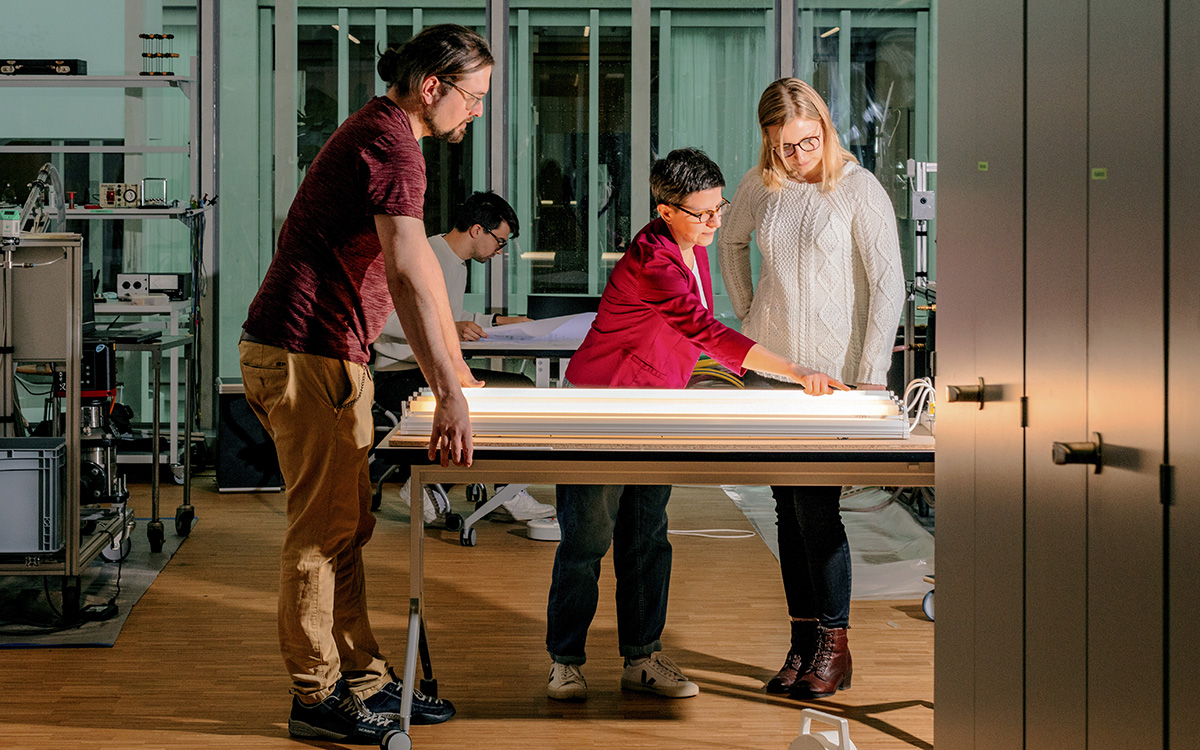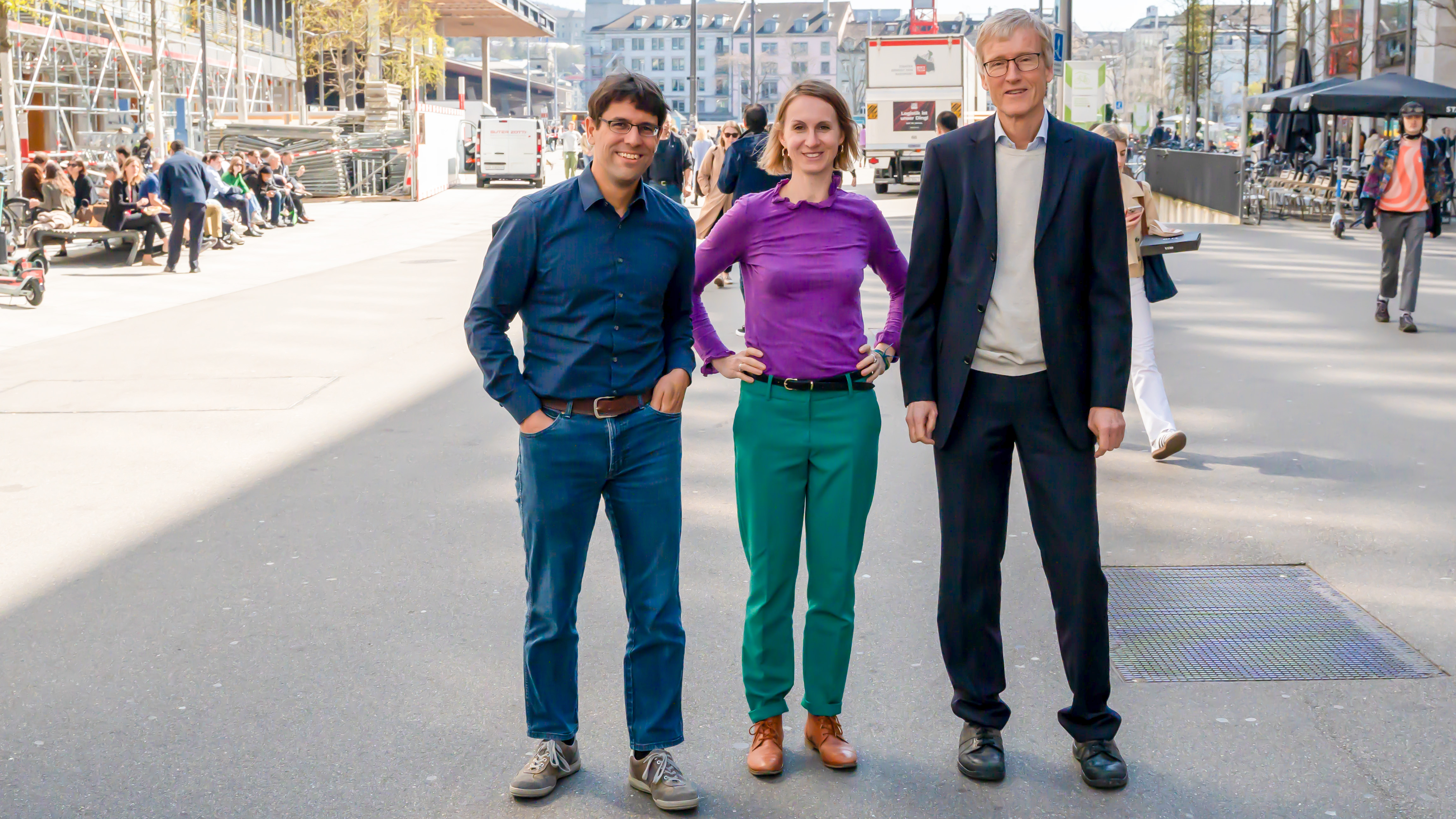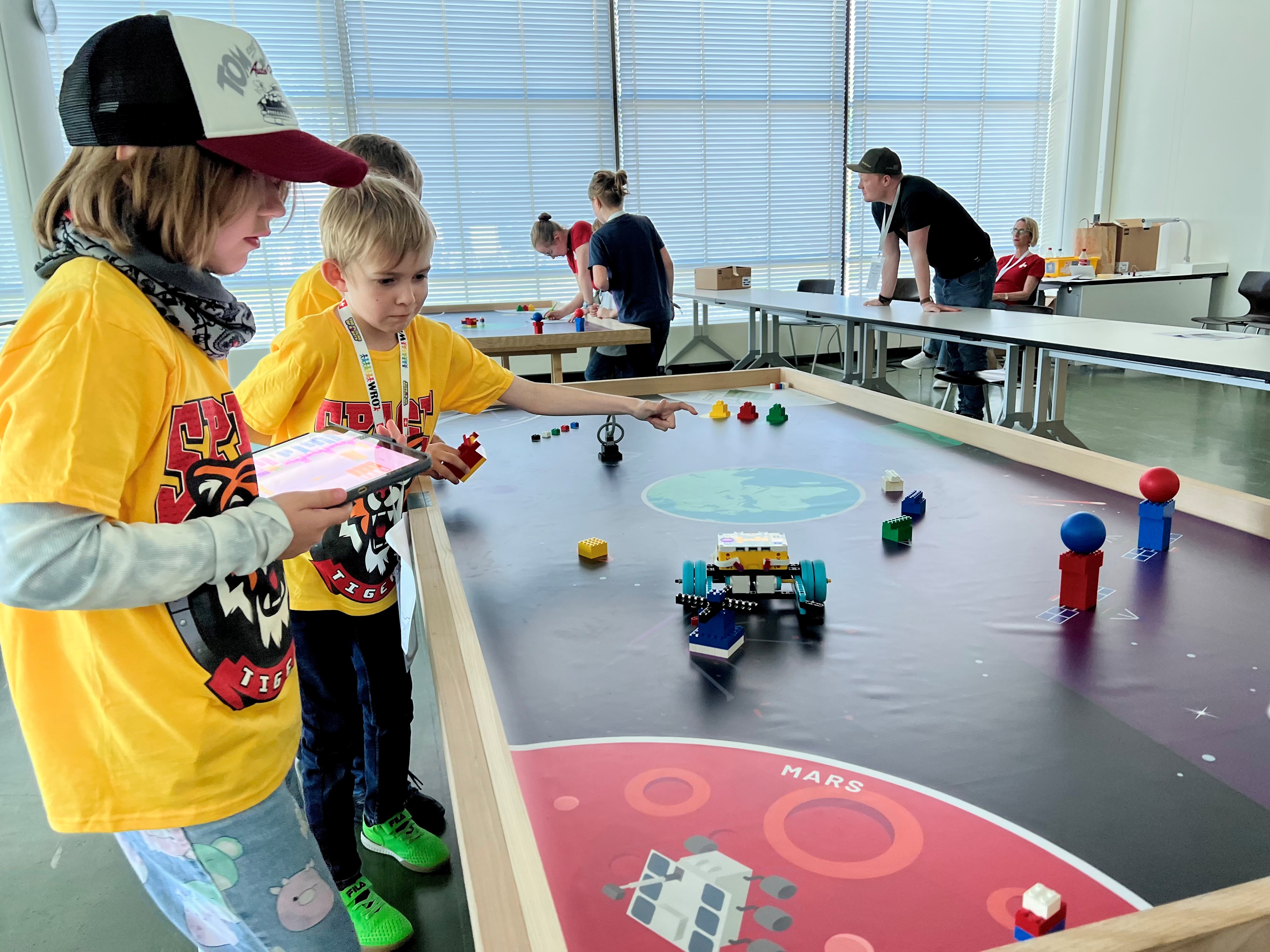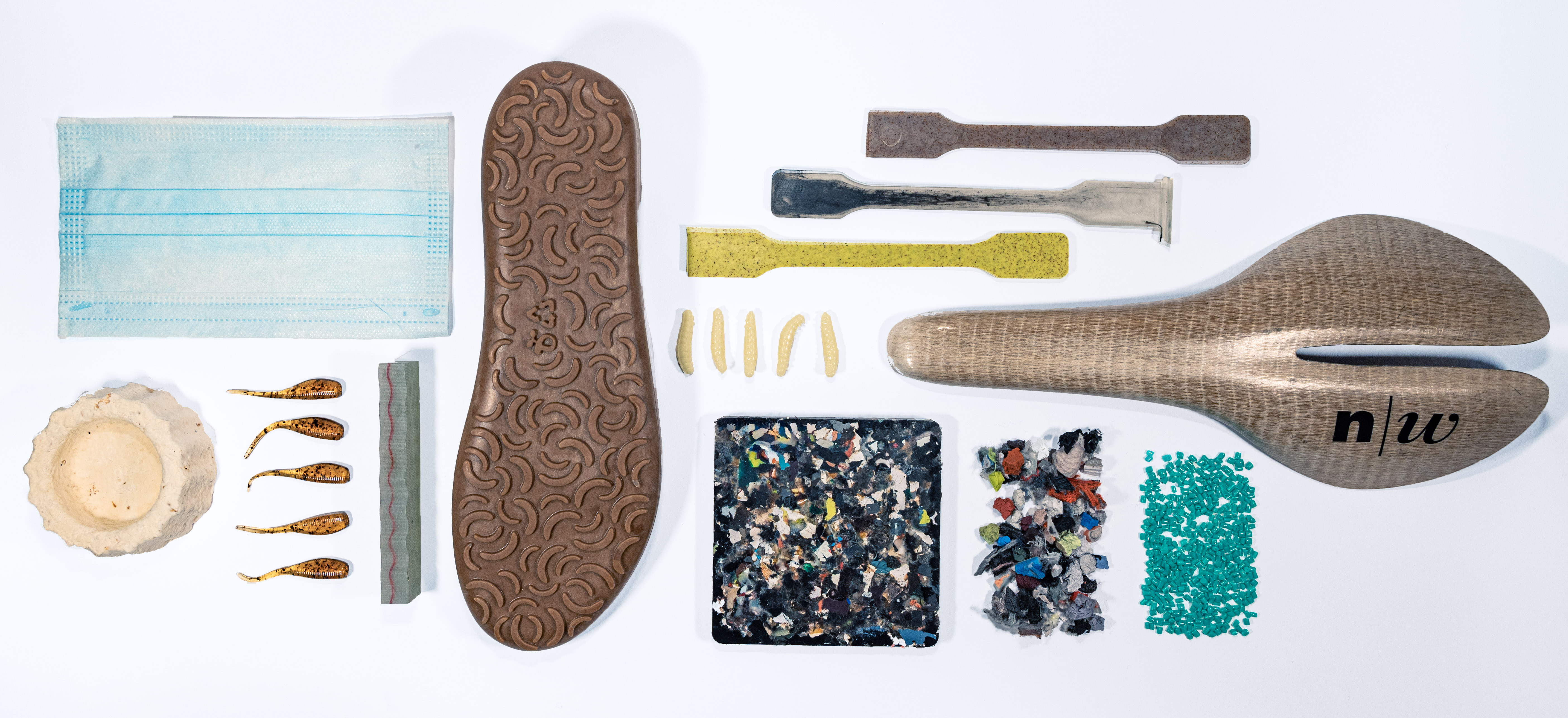FHNW: Wo sich die Zukunft bildet
Die Fachhochschule Nordwestschweiz ist mit ihren zehn Fachbereichen in der Lehre, Forschung, Weiterbildung und Dienstleistung tätig. Ihr breites Angebot an Studiengängen, ihre Nähe zur Praxis, ihre innovationsstarke Forschung sowie ihre weltweite Vernetzung machen die FHNW zu einer attraktiven und vielfältigen Bildungsstätte und nachgefragten Praxispartnerin.













